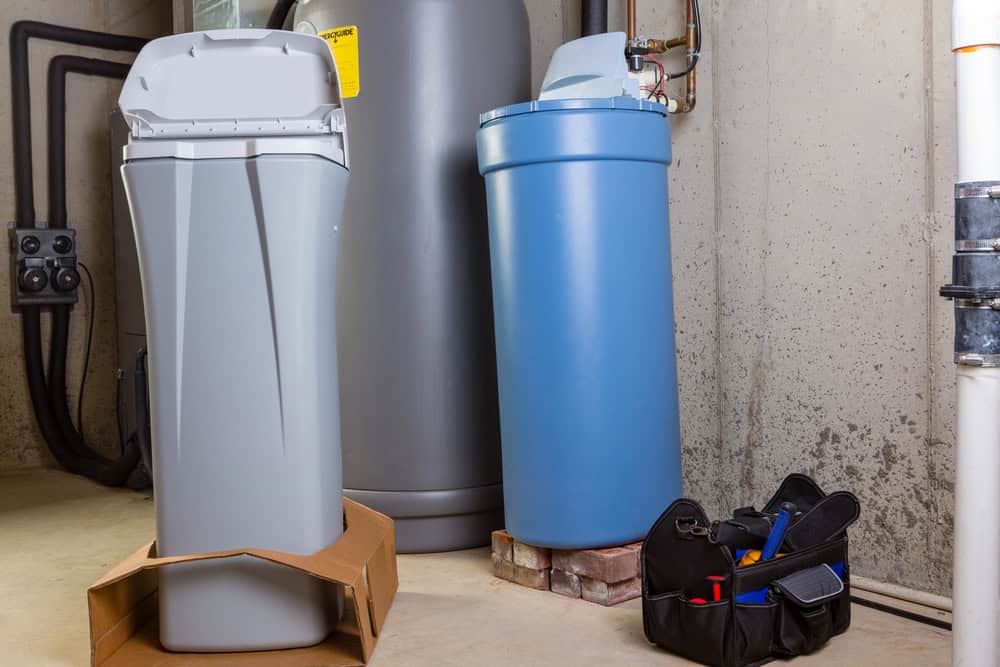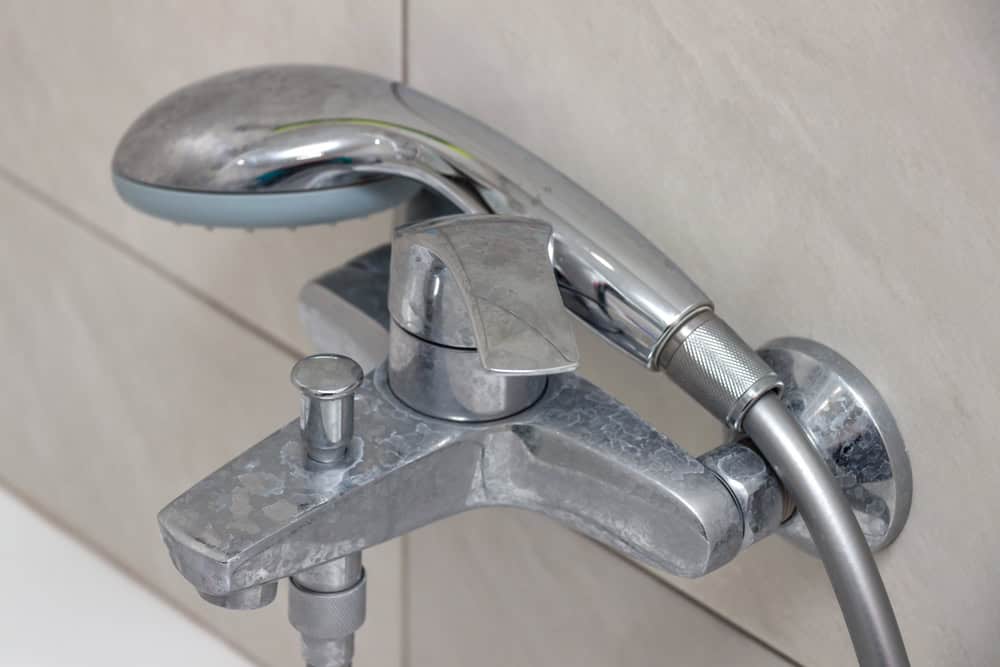Hard water is an issue many homeowners face, and its effects can be more significant than one might think. This common problem occurs when water contains high levels of minerals, particularly calcium and magnesium.
While these minerals are not harmful to health, they can wreak havoc on plumbing, appliances, and even skin and hair.
Understanding the implications of hard water is essential for preserving both your home and your daily life.
What is Hard Water?
Hard water results from water passing through limestone and chalk deposits, which release calcium and magnesium ions.
This type of water is relatively common in various regions, particularly in areas with high mineral content in the ground. As water travels through these geological formations, it picks up minerals, leading to higher levels of hardness.
The hardness of water is typically measured in grains per gallon (GPG) or parts per million (PPM). Water is generally classified as soft if it has less than 1 GPG and hard if it exceeds 3.5 GPG.
Various factors, including geographic location and water supply sources, contribute to the hardness levels in your home.
Effects on Plumbing Systems
A primary concern with hard water is its impact on plumbing systems. Over time, the minerals within hard water can accumulate, leading to scale buildup within pipes.
This buildup can restrict water flow, making it challenging for your plumbing to function efficiently.
Not only does this limit water pressure, but it can also cause increased wear and tear on pipes. If left unaddressed, the scale can lead to leaks or even pipe bursts, resulting in costly repairs.
Regular maintenance and monitoring can help mitigate these risks, but many homeowners underestimate the long-term effects of hard water on their plumbing.
For Riverside homeowners, a riverside plumber can perform regular maintenance to clear any scale buildup and prevent long-term damage.
Implications for Appliances
Hard water doesn’t just affect the plumbing; it can also take a toll on household appliances. Dishwashers, washing machines, and water heaters are particularly vulnerable.
The minerals present in hard water can build up in these devices, reducing their efficiency and lifespan.
For instance, dishwashers may leave unsightly spots on dishes, while washing machines can become less effective at cleaning clothes.
Water heaters, on the other hand, can develop sediment buildup, which impairs heating efficiency. As a result, appliances may need to work harder and consume more energy, leading to increased utility bills.
Impact on Skin and Hair
Many people notice that their skin and hair feel different when using hard water. Soap does not lather as well, making it harder to wash away dirt and oils.
This can lead to skin irritation and dryness, as well as a build-up of soap scum.
When it comes to hair, hard water can make it feel dull and lifeless. The minerals can cause hair to feel coarse or unmanageable, making it a challenge to achieve desired styles.
Routine washing with hard water can lead to product buildup, requiring extra effort to restore hair’s natural shine and texture.
Cleaning Challenges
Cleaning can become a chore when dealing with hard water. The residue left behind by the minerals can create unsightly stains on dishes, glassware, and bathroom surfaces.
As a result, many homeowners find themselves scrubbing more frequently to maintain a clean appearance.
Fixtures such as faucets and showerheads may also suffer from mineral deposits, which can become a breeding ground for bacteria.
These deposits can lead to unsightly stains and a lack of water flow, making everyday tasks more difficult. Using specialized cleaning products can help combat these issues, but they can also be an added expense.
Water Softening Solutions

Addressing hard water can seem daunting, but several solutions exist. Installing a water softener is one of the most effective methods for reducing water hardness.
These systems work by exchanging calcium and magnesium ions for sodium or potassium ions, effectively softening the water.
There are various types of water softeners available, including salt-based and salt-free systems. Each has its pros and cons, so researching options based on specific needs is wise.
While the initial investment can be significant, the long-term savings in appliance lifespan and reduced cleaning efforts often make it worthwhile.
Maintenance and Regular Checks
Proper maintenance is key when dealing with hard water issues. Regular checks on plumbing systems and appliances can help catch potential problems early.
Homeowners should consider incorporating a routine inspection schedule to monitor for signs of buildup or damage.
Additionally, periodic cleaning of fixtures and appliances can help reduce the impact of hard water. Using vinegar or specialized descaling agents can break down mineral deposits and keep surfaces looking fresh.
Adopting these practices can extend the life of appliances and preserve plumbing integrity.
Water Testing and Understanding Local Sources
Before making any decisions, it’s a good idea to test your water hardness. Many home improvement stores sell water testing kits, allowing homeowners to determine the hardness level of their water.
Understanding your water supply can provide insights into potential issues and guide decisions on water treatment options.
Local water quality reports can also provide valuable information on mineral content. Knowing whether your area has hard water can prepare you for the challenges that may arise.
Familiarizing yourself with local sources and potential treatments can help you navigate the complexities of water quality.
The Cost of Hard Water
While hard water may not pose health risks, it can lead to significant financial implications.
Homeowners facing complications due to hard water may experience increased utility bills, as appliances work harder to compensate for the mineral buildup.
Furthermore, the cost of repairs or replacements for damaged plumbing and appliances can add up quickly.
Investing in a water softener and routine maintenance can ultimately save money in the long run, making it a worthwhile consideration for many families.
The Environmental Angle
In the grand scheme of water use, hard water contributes to increased energy consumption. Appliances that struggle with hard water often require more energy to operate effectively.
This heightened energy use can have environmental impacts, contributing to a larger carbon footprint.
By addressing hard water issues, homeowners can not only improve their quality of life but also reduce the environmental impact associated with excessive energy consumption.
A commitment to responsible water use and treatment can have far-reaching positive effects.
Community Solutions and Awareness
Community awareness plays a vital role in addressing hard water issues. Many regions implement water treatment programs to manage water quality.
Engaging with local water authorities can provide insights into available resources and treatment options.
Homeowners can also benefit from community workshops or discussions on water quality.
Sharing experiences and solutions can foster a proactive approach to managing hard water challenges, thereby improving the overall quality of life in neighborhoods.








